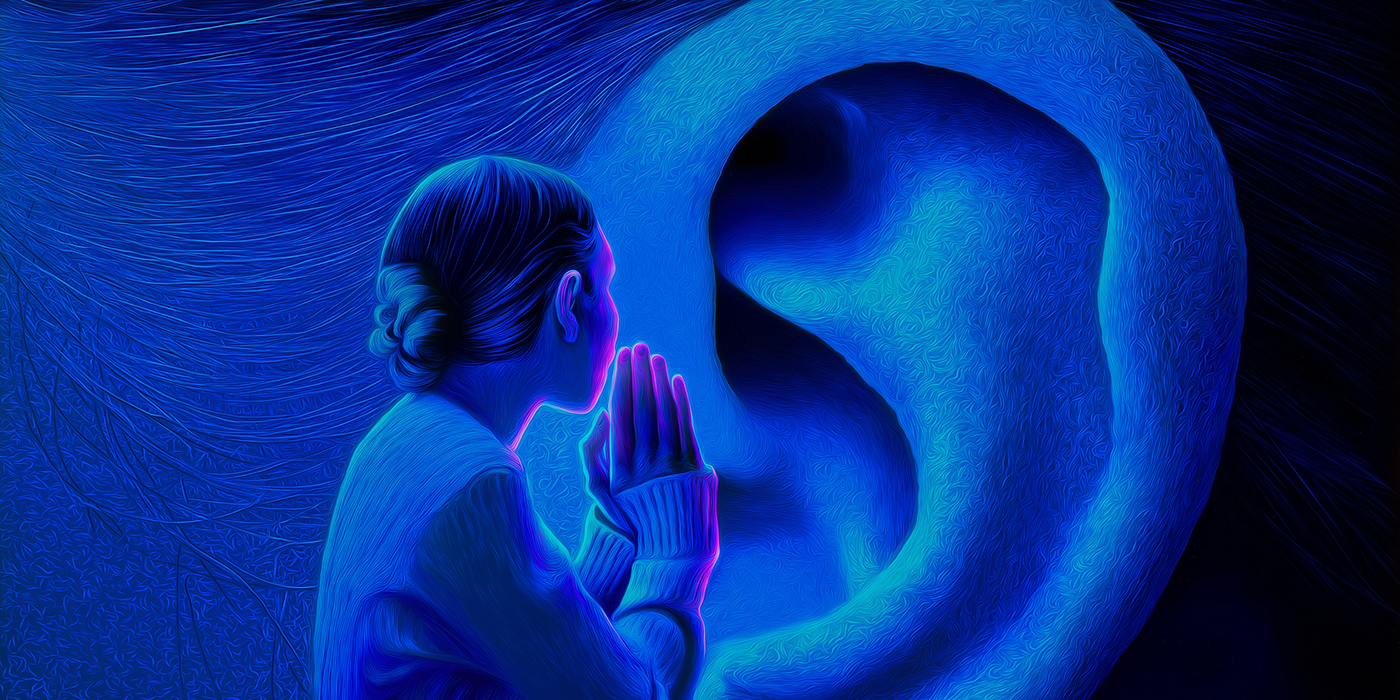About five years ago, my sponsor in another fellowship talked with me about Step Eleven. This was before I found SA, and I was busy imposing my self-will on the Twelve Steps of Alcoholics Anonymous. I was the epitome of “half measures availed us nothing”—nothing except for maybe a check mark on Steps One through Ten, indicating I had completed them. But Step Eleven is different, because I have found that when I use it in my life on a consistent basis, it brings everything together.
My sponsor said two things about Step Eleven. First, he said that it’s not prayer or meditation, it’s prayer and meditation. This means I am supposed to practice both. He also said it’s not prayer and maybe I’ll meditate when I get around to it, or when I’m bored, or when I’ve got nothing else to do. It is prayer and meditation. Then, he explained that he couldn’t tell me what meditation is, but he could tell me what it’s not. Meditation is not going outside in the morning and having a cigarette and thinking about what I have to do that day. Meditation is not walking my dogs and thinking about why I’m pissed off at my boss. Meditation is not thinking about how I’m going to counter every argument my girlfriend brings up during our next fight. Meditation is not about me. It’s about getting rid of “me” in my head and making some space for God to reside.
That was my sponsor’s analysis of Step Eleven, and I promptly disregarded what he said, checked it off my list, and went on to Step Twelve. Now that I have come into SA and discovered how diligent I need to be in working the Steps, I have found Step Eleven to be a godsend.
The simple practice—and it really is a practice—of sitting down and trying to clear out my head has been quite beneficial because it gives me a feeling of peace throughout the day. I call it my Teflon mind. As I go through the day, things come up that normally I would have obsessed over and rehashed in my head. But with just a few minutes of meditating—of trying to slow things down and clear things out—I am much calmer and issues sort of slide out of my area of focus. Even lust, which is my most feared enemy, is not as prevalent. Triggers are everywhere, but my head isn’t flying around as much, so it’s easier to surrender lust right away.
What I learned is to start slowly. At first, I would sit for no more than one minute each morning. Keeping it to 60 seconds prevented my all-or-nothing thinking, in which I decide I’m going to meditate for two hours every day, try to dive in, then fail to realize my expectations and get frustrated. But I figured that if in my disease I could spend six hours in front of a computer watching porn or cruising for prostitutes, I could find 60 seconds in my day for recovery.
The next thing I did was just try to watch my thoughts go by. This actually worked. The problem was that as soon as one thought left, another would pop in. I would start thinking about that one, and then remember I need to let it go, and then—boom!—another would appear.
When I started to extend the time past 60 seconds, I would notice a tiny space between the thoughts. Just a minuscule silence would pass before another thought would barge in, but those little bits of quiet did wonders for me. As I got up to five minutes (currently I try to meditate for 5 to 10 minutes each morning), those fractions of a second became longer. I was getting more emptiness in my noggin—and to be honest, in working the Steps in SA, I have found that less of me and more of my Higher Power is a very good thing.
The final gift of meditating is that by slowing down for a few minutes in the morning, I have found it much easier to connect with my Higher Power during the day. Often when I leave the house for work, I’m off and running in my head and don’t even think to acknowledge God or have any sort of spiritual awareness for the rest of the day. Meditating has allowed me to at least be aware of God and sometimes say the Serenity Prayer and even a few thank-yous.
So I am grateful that by slowing down my head and clearing out the junk, I can make a little room for God. That helps guide me and bring peace to my day. As I have learned the hard way over the past two years, without God, there is no sobriety, no recovery, no sanity, and no progressive victory over lust.
Gavin C., Portland, OR






